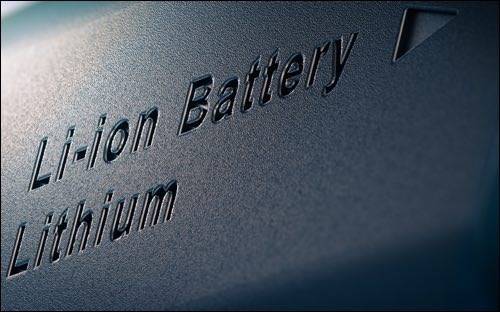An exploration company is using the word “positive” to describe early drill results from a lithium property near Snow Lake.
Ashburton Ventures has this year drilled six holes at the Thompson Bros Lithium Project, located 20 km east of the mining town.
“The first two holes have shown a strong correlation with existing historic drill data and have returned excellent grade at relatively near-surface intersections,” Mike England, chief executive officer of Ashburton, said in a news release.
England said the Vancouver-based company is now eager to review the remaining four drill hole assays.
Ashburton further said five of the six drill holes encountered “significant” intervals of spodumene mineralization. Spodumene is a lithium-bearing mineral.
Drill targets for the exploration campaign were selected using historic drill hole data that does not comply with today’s mineral-reporting standards, but which is nonetheless viewed as a useful guide.
Australia-based Quantum Resources, which has the right to earn up to
80 per cent of the Thompson Bros project, is funding the exploration effort.
Exploration at the site dates back to the 1950s, with additional holes drilled in 1997.
A company called Carta Resources completed a business plan to develop the lithium deposit into a mine, but a decline in lithium carbonate prices stalled the project in 1998.
The property consists of 18 contiguous claims covering 1,829 hectares. It is about five km from Far Resources’ Zoro lithium property, where exploration results have also shown promise.
A soft, silver-white metal, lithium is used mainly in the production of batteries, lubricating greases and ceramics, according to the US Geological Survey.
Other uses are as varied as rocket fuel and lasers, but it’s the growing demand for electric-car batteries that is largely driving the lithium market.




